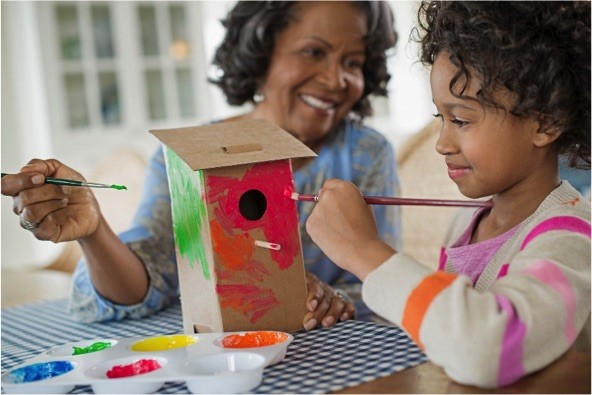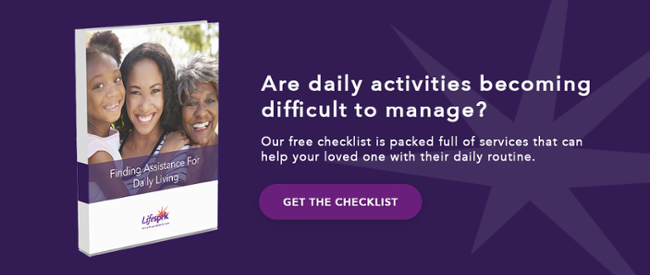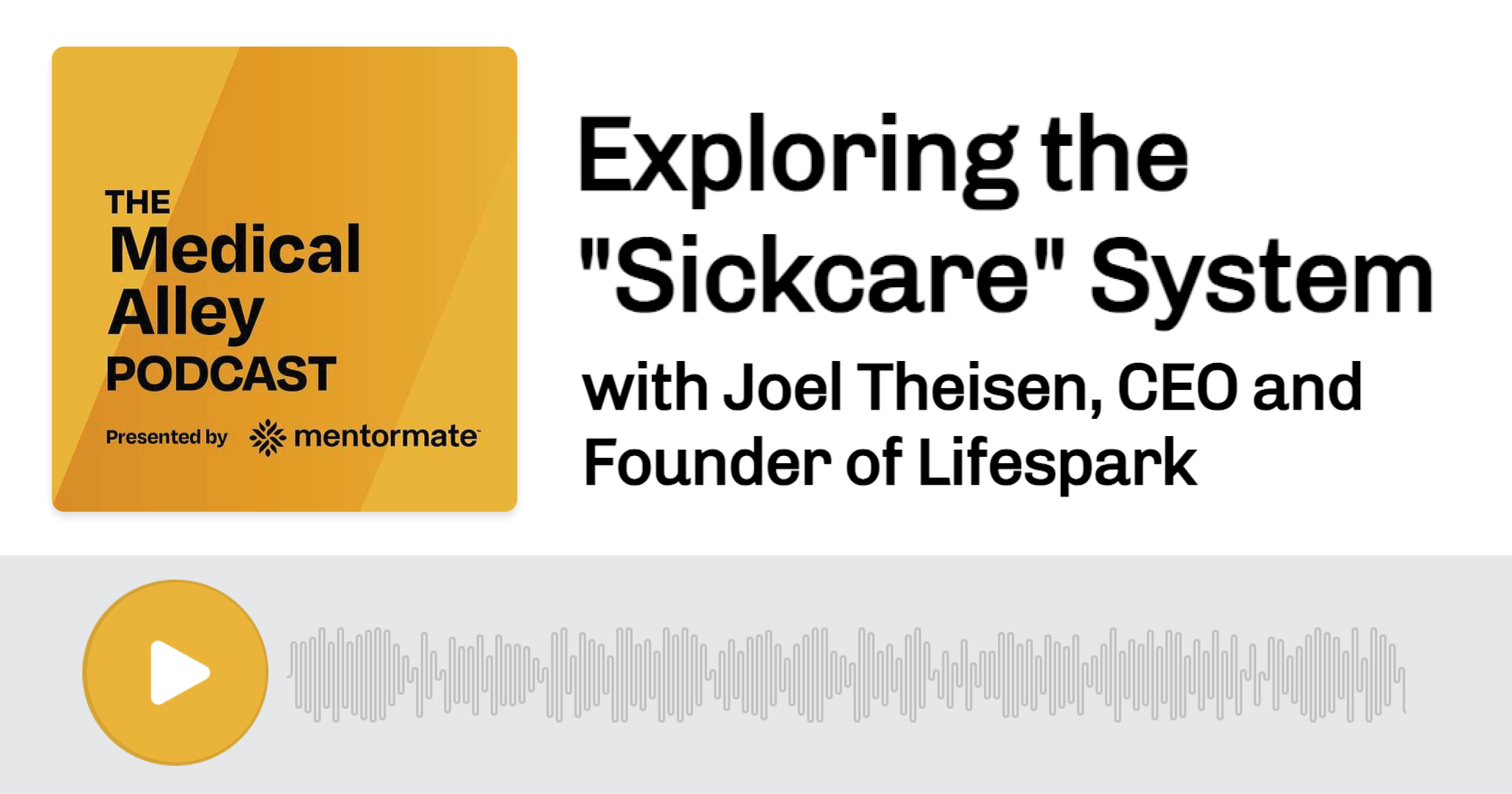
Many seniors aren’t living the life they desire. In fact, a study in the New England Journal of Medicine shows that 1 in 5 people age 65 and older are re-hospitalized within 30 days and 1 in 3 within 90 days. It is happening so frequently this lifestyle is now considered ‘normal’ among many who assume this is just part of the normal aging process. That misconception can cost seniors their vitality and longevity.
Unfortunately, according to Anne Tumlinson, founder of Daughterhood, traditional private-pay home care services do little to change the risks of hospitalizations and adverse events for seniors. Tumlinson, who has spent the last two decades working to improve how America cares for our frailest seniors, cites research from the 2011 National Health and Aging Trends Study that shows that 60% of people who are living in the community with difficulty and receiving paid help report an adverse consequence associated with unmet needs.
She stresses that while in-home care and caregiving services are needed, they don’t go far enough to truly change the outcomes for people. Seniors and their families need more guidance; they need livable, connected communities of support. And that starts with a trusted advisor who works with seniors long term.
At Lifesprk, that trusted advisor is called a Life Care Manager (LCM), who is a registered nurse. LCMs bring passion and extensive senior care expertise to their roles, and use a whole person approach designed to personally address the uniqueness of each person. While they deliver unprecedented results – reducing ER visits by 52% and hospitalizations by 73%, they also become the trusted advocate for a senior’s whole life, helping them and their families every step of the way to create a new normal for aging. Some would say this is what normal aging should look like.
But the best proof that this experience is really what normal aging should look like is in the stories of our own LCMs who live it every day with our clients.
In the past month alone, Lifesprk LCMs have provided traditional nursing services for clients but they’ve also been busy grabbing wild berry branches in the woods, purchasing gifts for a client’s daughter, golfing with a client, helping a couple celebrate their anniversary with tickets for Orchestra Hall, baking apple pies, and bringing a client her favorite face cream and flowers. LCMs are not only health advocates, they become ‘life’ advocates as well making sure seniors don’t lose sight of what brings them joy. That they focus their time on the positive aspects of living, rather than the negative.
Mary Claire O’Brien, RN, shares her personal experience as a Lifesprk Life Care Manager.
I have one client who lives alone, and does not allow anyone but me, as his LCM for about 4 years, into his home. He took care of his wife after her stroke about 18 years ago, and she is now in a nursing home. While I keep track of his clinical needs, our most important time is spent reminiscing, talking about nature sightings, his time in the military and his career at MDOT. I try to bone up on news items we can discuss to keep challenging his mind and his curiosity. I realized several years ago that he probably didn’t have any true interactions for years, as his wife had limited capacity for communication. Our conversations have become an integral part of my visits, and I have also been accepted (only took about 2 years) by his very shy cat. Little does this client know that with every interaction I can also assess his cognition, insight and problem-solving skills.
I took another client to the cemetery to visit his wife’s grave. Because I have known him for over 4 years, I know that it is around this time of year that she passed away, and as he says, “I miss her something terrible.” He no longer drives, so today I brought a plant for her grave, and we went off to visit her. He had some private time to speak to her, while I went a little distance away to shed a few tears. Then we did his usual errands: banking and grocery shopping. While these tasks could be done by a home health aide, each visit offers me the opportunity to assess: his memory, organizational skills, transfer and ambulation abilities, diet (99% sweets, but at 96 years old, who cares?!), and independent abilities. He says each time how he looks forward to my visits each week, and I can wholeheartedly say that I look forward to seeing him too!
Because both of their greatest wishes are to remain independent in their homes, we are so lucky to be able to help them do that… and share a little joy with each visit!
Mary Claire isn’t’ the only LCM who has this type of relationship with her clients, they all do. Their role is to provide nursing care but also focus on client’s Whole Life Plan and get them on a path to doing the things they love and enjoy, identify any concerns or questions and help alleviate any worries, communicate with family members and physicians so everyone is on the same page with what the client wants, provide regular check-ins and as Mary Claire shared, bring their passions and purpose alive.
With so many seniors living a life they don’t desire let’s focus on changing that experience so they are living the life they want.
We want to know, what’s normal aging look like to you? How have you helped change the experience? Join the conversation and share!
#ChangingAging





